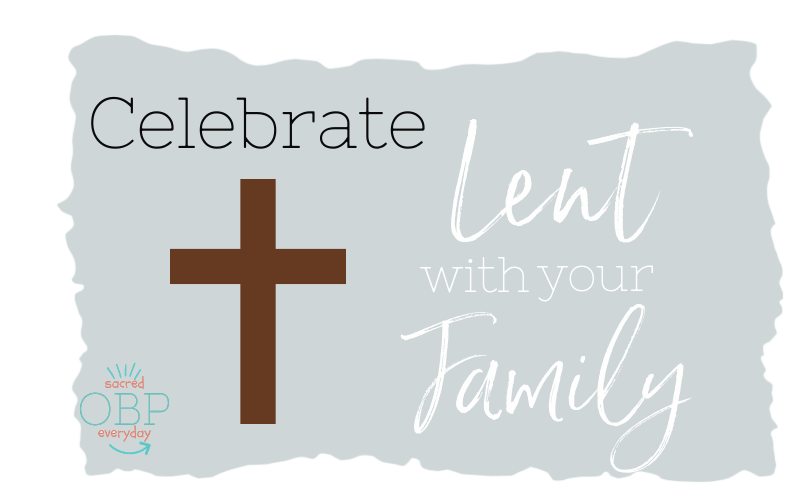 What does it mean to be blessed or to live a blessed life?
What does it mean to be blessed or to live a blessed life?
I was pondering that myself the other day after reading a section of scripture in John 13. Verses 16 and 17 say the following:
I tell you the truth, no servant is greater than his master, nor is a messenger greater than the one who sent him. Now that you know these things, you will be blessed if you do them (NIV, emphasis mine).
Jesus had just finished washing His disciples’ feet as a demonstration to them of how they should serve others, when He finished up with the statement that “you will be blessed if you do them.”
I stopped on the word blessed and considered it. I’ve always thought blessed to mean something good bestowed on me by God. But I was intrigued to look at the meaning in more depth.
The first two definitions in my Webster’s New World College Dictionary tell me that blessed means “1. holy, sacred; consecrated; 2. enjoying great happiness; blissful;” That seems about on par with what I’ve always thought.
But to truly understand the meaning, it makes the most sense to explore the Greek word for blessing that is used in verse 17, which is makarios, so that’s what I did.
I wasn’t disappointed at what I found.
My Keyword Study Bible explained the nuances of the word in this description:
“Biblically, one is pronounced blessed when God is present and involved in his life. The hand of God is at work directing all his affairs for a divine purpose, and thus, in a sense, such a person lives coram Deo, before the face of God.” The definition went on to state that blessedness also means sharing in the life of God and participating in the kingdom, and it includes all of these things: forgiveness, freedom of conscience, the Second Coming, the Holy Spirit, heavenly rest, and moral and spiritual purity. Even in suffering and pain, we can still be blessed because God’s purpose is behind it, ensuring that God will bring good out of it for us and glory to him.1
That’s a lot of meaning to meditate on from one small word.
Of all the insights the Greek word gives us, I have to say I’m both entranced by and scared by coram Deo, or living before the face of God. That implies so many things. To live before God’s face is a close, intimate relationship. It is comforting to know that God is right there living life with me each and every day. He’s there to guide me, love me, grow me, and comfort me.
It also means that I’d better ditch any thoughts I may have about just skating by on certain issues, actions, or attitudes. I’ve always understood that God knows everything about me, but when I ponder coram Deo, it attaches a whole new weight of intentionality to my life. I’m truly living before the face of God, so I want to do it right.
What does that look like for me?
Well, an initial thought concerns being more purposeful in how I spend my time. Are the things I’m reading, saying, spending my money on, exerting my energy on, dreaming about, and planning for — are these things, things that I feel good about living coram Deo? Do many of them benefit or serve others, like the example Jesus set for us, or are they only for my own good?
It’s a question I need to answer.
Before the face of God. It changes everything.
1 Zodhiates, Spiros, Th.D. Hebrew-Greek Key Word Study Bible, NIV. Chatanooga, TN: AMG Publishers, 1996.





Leave a Reply